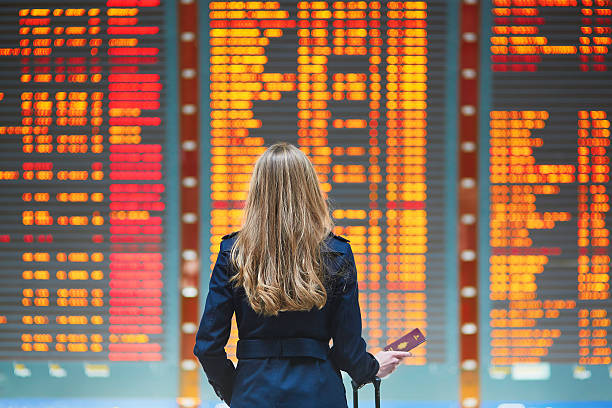How do we control coronavirus? Cancel. Everything. Or, in other words, social distancing.
The full ramifications of coronavirus are still unknown. Today, CNN announced that coronavirus cases have passed 115,000 worldwide. WHO (World Health Organization) declared that the outbreak is now a pandemic. As the declaration was made, COVID-19 cases continued to skyrocket – with now more than 1,000 cases in the United States. That is eight times more than just a week prior. Nationwide, 32 people have died. So, although there is still much unknown, there’s one thing undeniably true: we are in danger.
A potential, possibly necessary solution? Social distancing.
The Atlantic shared three crucial facts that are indicative that the coronavirus will continue to spread with frightening rapidity, overburdening healthcare systems and claiming lives, unless we adopt serious social distancing. The facts, as shared by the Atlantic, are as follows:
1. In the initial stages, documented cases of COVID-19 seem to increase exponentially. On January 23rd, China’s Hubei province, which contains the city of Wuhan, had 444 confirmed COVID-19 cases. One week later, it had 4,903 cases. Two weeks later, it had 22,112.
2. The disease is deadlier than the flu, despite a large chunk of society saying otherwise.
3. Only one measure has been proven effective against the coronavirus: extreme social distancing. Before China canceled all public gatherings and sealed off the most profoundly affected regions, it continued to spread exponentially. However, when the government imposed social distancing, the number of cases leveled off. Since then, according to official statistics, there is more news of existing patients who are healed than of patients who are newly infected.
This insinuates that anyone in a position of power should ask people to stay away from public places. They should also cancel large events, and restrict nonessential travel. Downplaying the virus is only going to cause harm.
Suggestions of social distancing that can be enforced by individuals in positions of power were also given by the Atlantic:
“Do you head a sports team? Play your games in front of an empty stadium.
Are you organizing a conference? Postpone it until the fall.
Do you run a business? Tell your employees to work from home.
Are you the principal of a school or the president of a university? Move classes online before your students get sick and infect their frail relatives.
Are you running a presidential campaign? Cancel all rallies right now.”
Yes, these are costs to the implementation of these decisions. But not implementing these decisions only increases the danger of putting the public at risk of a deadly disease.
I live in Los Angeles, and, from personal experience, I have noticed companies taking measures to get ahead of coronavirus. There have been “scalping” hand sanitizer that is “new or used,” outside of Target. And people are panic-buying so much toilet paper that stores are selling out (this has been deemed as a bit excessive, so I’ve shifted focus to stocking up on wine at Trader Joe’s). And, as I was typing that sentence, I received an email from my apartment management company stating that “during this time of uncertainty and increased social distancing… we have taken extra steps to ensure that preventive measures like …” then the email listed the other ways that the management is taking other steps to optimize prevention.
It’s time to drastically change our behavior. If you feel even a little sick, out of respect for the general public and individuals at heightened risk, please stay home.



